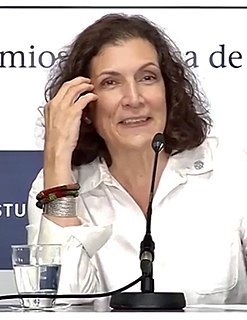A Quote by Kazuo Ishiguro
I want my words to survive translation. I know when I write a book now I will have to go and spend three days being intensely interrogated by journalists in Denmark or wherever. That fact, I believe, informs the way I write - with those Danish journalists leaning over my shoulder.
Related Quotes
I think that all journalists, specifically print journalists, have a responsibility to educate the public. When you handle a culture's intellectual property, like journalists do, you have a responsibility not to tear it down, but to raise it up. The depiction of rap and of hip-hop culture in the media is one that needs more of a responsible approach from journalists. We need more 30-year-old journalists. We need more journalists who have children, who have families and wives or husbands, those kinds of journalists. And then you'll get a different depiction of hip-hop and rap music.
I believe that, more than anything else, this grief of constantly having to face down our own inadequacies is what keeps people from being writers. Forgiveness, therefore, is key. I can't write the book I want to write, but I can and will write the book I am capable of writing. Again and again throughout the course of my life I will forgive myself.
The most obvious inspiration to be brave is that we all feel it: you can't have free expression right now in a very wide range of countries. It takes a lot of guts for writers and journalists in those countries to stand up against repression and do what they do. Russia is a case in point where, as you know, journalists have an embarrassing habit of being killed for their reporting.
Journalists in newspapers and in many magazines are not permitted to be subjective and tell their readers what they think. Journalists have got to follow a very strict formulaic line, and here we come, these non-fiction writers, these former journalists who are using all the techniques that journalists are pretty much not allowed to use.
Journalists go to press briefings at the Ministry of Defense in London or the Pentagon in Washington, and no critical questions are posed at all. It's just a news-gathering operation, and the fact that the news is being given by governments who are waging war doesn't seem to worry many journalists too much.
You have to write a book because you believe it has helped you, because you believe it has helped others personally and you are dying to share with it others because you know it will add value to their lives. You write it for them like a gift. You don't want anything from them. You don't want them to do anything for you. You don't even care if they all share the book with their friends, they don't all have to buy them. You're just dying to share this idea with people. Your challenge is to write it in a way that is compelling, enjoyable to read so that they will get the idea.
I used to see a lot of cocaine. There were journalists who used cocaine and didn't write about it and I didn't write about it. I would never do drugs, so I would always get the same response from people: "Smart kid, more for me." Whether it was a joke or sincere or both, but I was just happy not to be in there partying with the band like some of these other journalists.







































